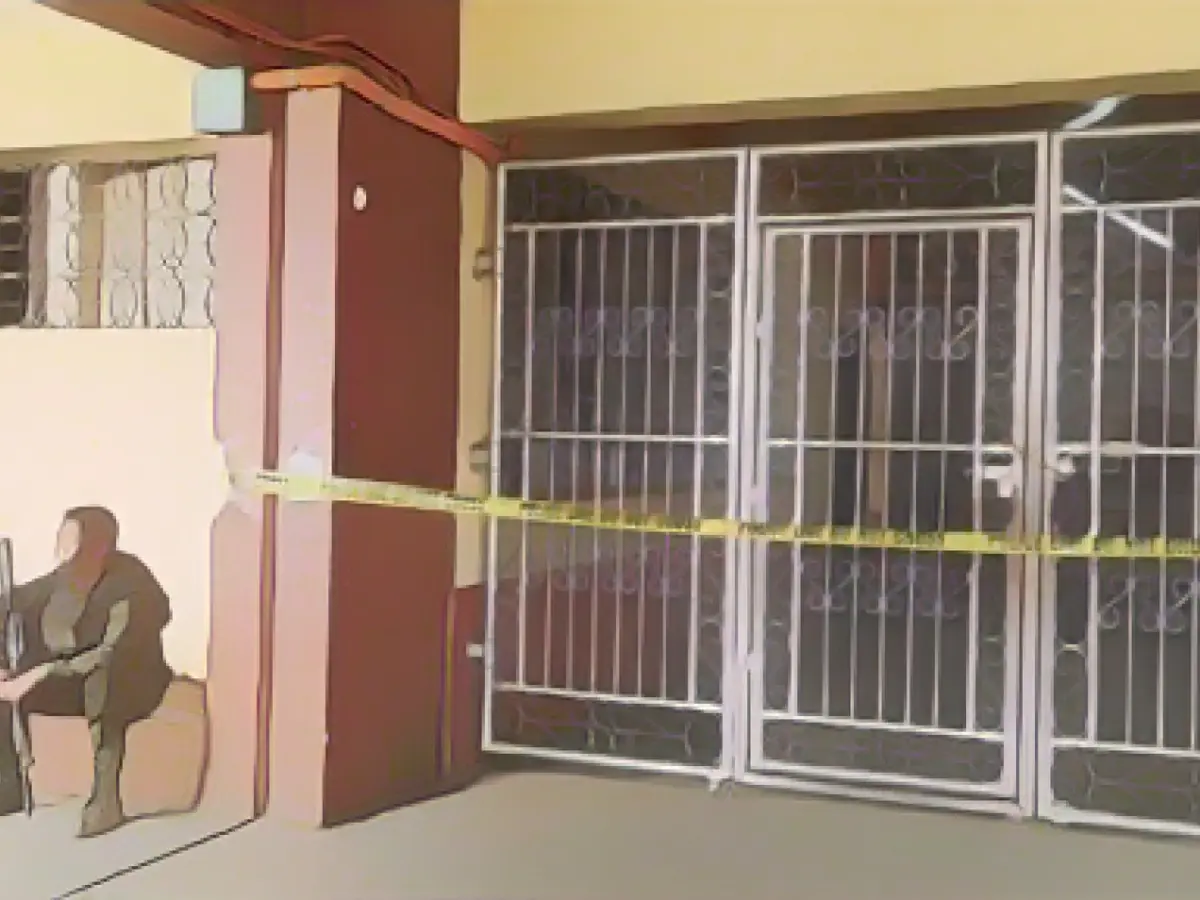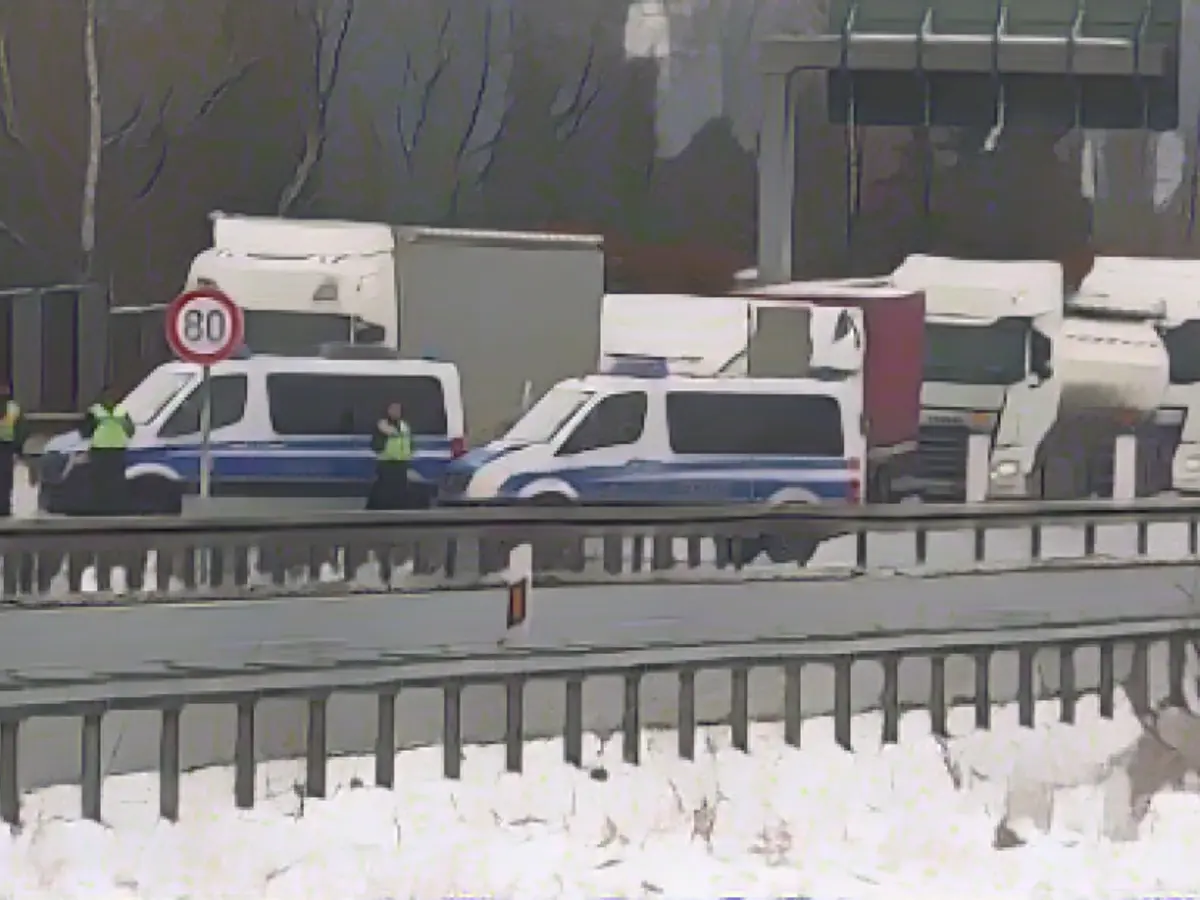In an unspeakable act of violence, a blast tore through a Catholic mass in the Philippines, leaving four innocent lives extinguished and over 50 others wounded. The authorities, including the police and military, swiftly reported the incident, attributing the explosion to a homemade bomb. As the nation mourns, President Ferdinand Marcos Jr. pointed the finger at foreign terrorists, citing "strong indications of a foreign element."
In the city of Marawi – known for its predominantly Muslim population and the predominantly Catholic Filipinos – shock and sorrow permeated the air. The incident took place during the First Sunday of Advent mass in the gymnasium of Mindanao State University (MSU). The victims – three women and one man – became unwilling martyrs in the face of senseless brutality.
Defense Secretary Gilbert Teodoro chose his words carefully, acknowledging the authorities' inability to release further information about the foreign terrorists' suspected involvement in the attack. However, he too echoed the sentiment of a foreign influence, citing "strong indications of a foreign element." Marawi's university condemned the attack, suspending classes out of concern for student safety.
The terrorist act may have stemmed from a desire for retribution, partly fueled by the deaths of 11 members of the Daulah Islamija Maute group during a military offensive in nearby Maguindanao province. Regional police director Allan Nobleza mused that the blast might be a form of retaliation, while Major General Gabriel Viray concurred, categorizing the explosion as an act of terrorism and possibly orchestrated by Daulah Islamija Maute group.
The bombing in the heart of Marawi has revived fears of terror-related incidents in the Philippines, prompting authorities to remain vigilant and investigate thoroughly in a bid to protect the populace.






